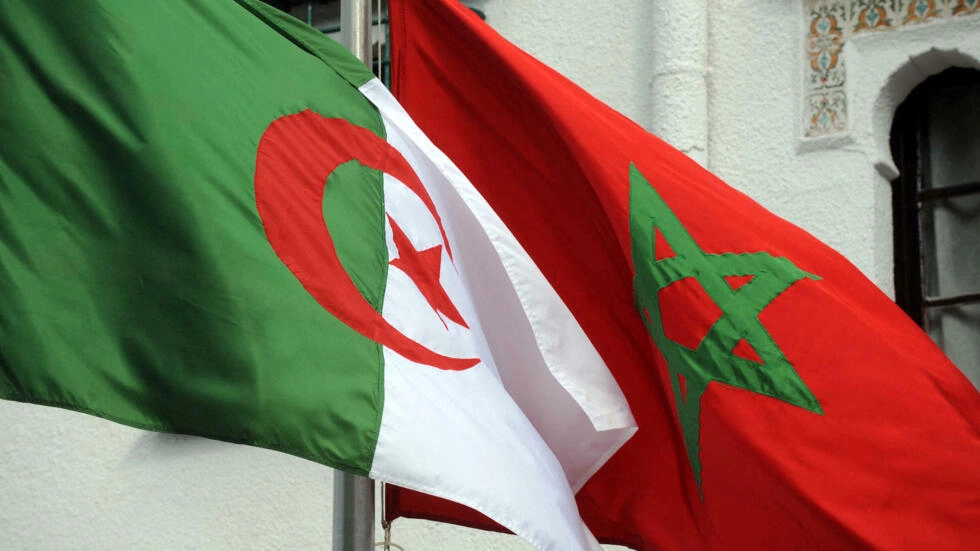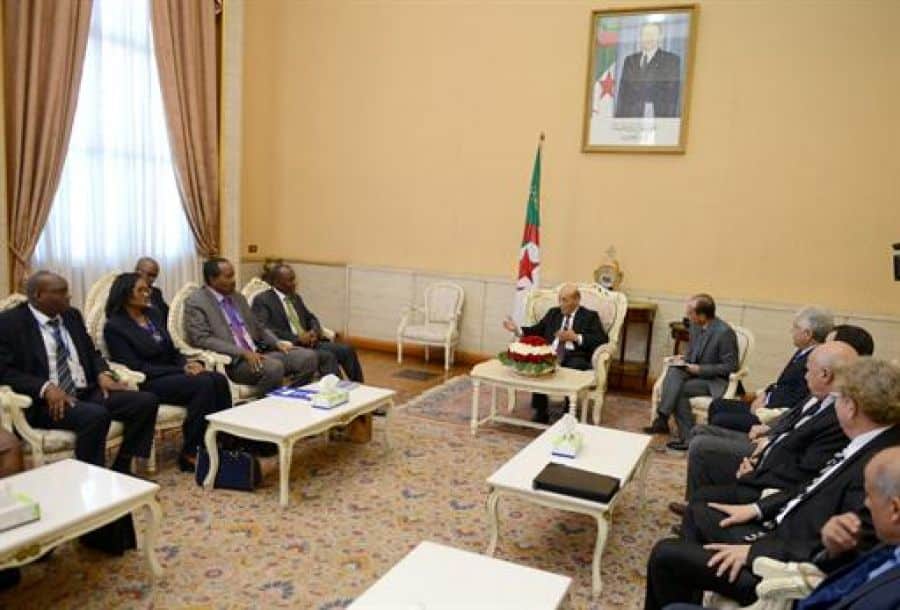“The depreciation of the value of the dinar against the euro and the dollar will have as a direct consequence an increase in the price of imported goods, [notably] those intended for consumption”, informs TSA, citing an Algerian economist. According to him, although necessary, this measure must be accompanied by others in order to be effective.
In an interview with the Tout sur l’Algerie (TSA) news site, Professor Brahim Guendouzi, professor and researcher in economics at the University of Tizi Ouzou, predicted a significant increase in food prices, a consequence of the depreciation of the national currency decided by the government. While he admits the rationale for the move, he says it “is insufficient on its own” to deal with the crisis.
“The depreciation of the value of the dinar against the euro and the dollar will have as a direct consequence an increase in the price of imported goods, [in particular, note] those intended for consumption“, declares Professor Guendouzi.
“We can expect a general rise in prices as the Algerian economy is heavily dependent on imports,” he warns.
“The exchange rate, the variable’s adjustment”
The Algerian dinar, which currently trades at 161 dinars to the euro, continues to fall after a 20% depreciation in 2020.
To explain the need for the measure taken by the executive, the economist recalls that “since 2018, the value of the Algerian dinar has been overvalued correlatively to the double deficit of the balance of payments and the state budget”.
Thus, the worsening of these two deficits in the context of the Covid-19 crisis made the downward modification of the exchange rate “the most obvious adjustment variable, and it was to be expected, for be able to deal with the most urgent need in the face of the deterioration in the public finance situation and the decline in the level of foreign exchange reserves ”.
Moreover, Professor Guendouzi warns that “the depreciation of the value of the dinar is insufficient on its own to face an economic situation which is becoming more and more untenable”. “Also, it is necessary to consider other adjustment measures to maintain the macroeconomic balance of the country at all.”
What to do?
Indeed, the former Algerian Minister of the Treasury Ali Benouari (1991-1992) proposes a strong devaluation of the currency of 50%, but as part of a plan of nine financial and economic measures capable of putting the country back on the way of growth.
In an article published on April 16 in the newspaper Le Soir d’Algérie entitled “Economic crisis: imperatively break with the management methods of the past”, he explains that this measure “could annihilate the effect of the fall of 50% of the price oil, [and] will also help, by making them more expensive by 50%, to reduce imports, without administrative intervention ”.
In addition to the depreciation of the currency, he also pleads for the “taxation of large fortunes and the exemption from tax of small incomes and start-ups”, “the confiscation of the property of all the oligarchs who have been convicted and the recovery by the Public Treasury of all their assets illegally held abroad ”, as well as the change of all banknotes and the 30% taxation of fortunes circulating in the informal market.
In the same vein, he calls for requiring citizens who are tax residents in Algeria to declare their assets abroad in order to tax them as undeclared fortunes that are in Algeria. In addition, he advocates overhauling the current subsidy system, which he says only benefits the rich.
Redirecting money to the productive sector
In addition to financial measures, Benouari believes it is necessary to comb through the annual budgets of different ministries by encouraging the productive industrial, agricultural and agrifood sectors.
Thus, he calls for lowering the budgets of the interior and defense ministries “within the limits imposed by the demands of national security”. The budgets of the Presidency of the Republic and the Ministry of the Mojahedin (Veterans) must also be reduced, judges the ex-minister who denounces the fact that these four institutions “consume nearly 40% of the total operating budget, leaving a derisory share for the productive sectors ”.
He also suggests keeping foreign exchange reserves at $ 50 billion and importing only what is essential.
Finally, he believes that free trade agreements with the European Union and Arab countries, which have contributed to destroying national production without bringing any benefit, must be suspended.














